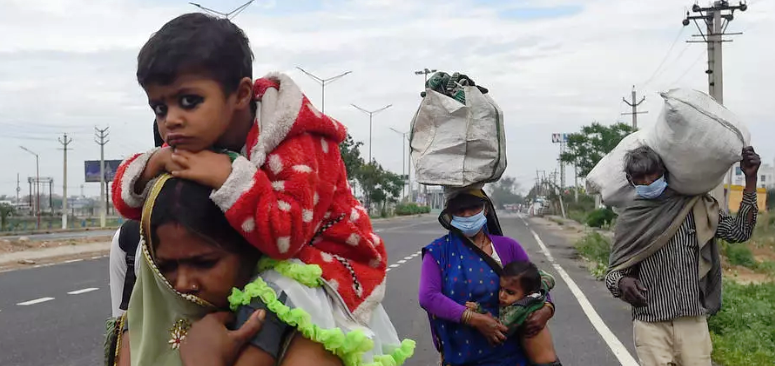A political power has come back because a strong electorate want them back. It is as simple as that.
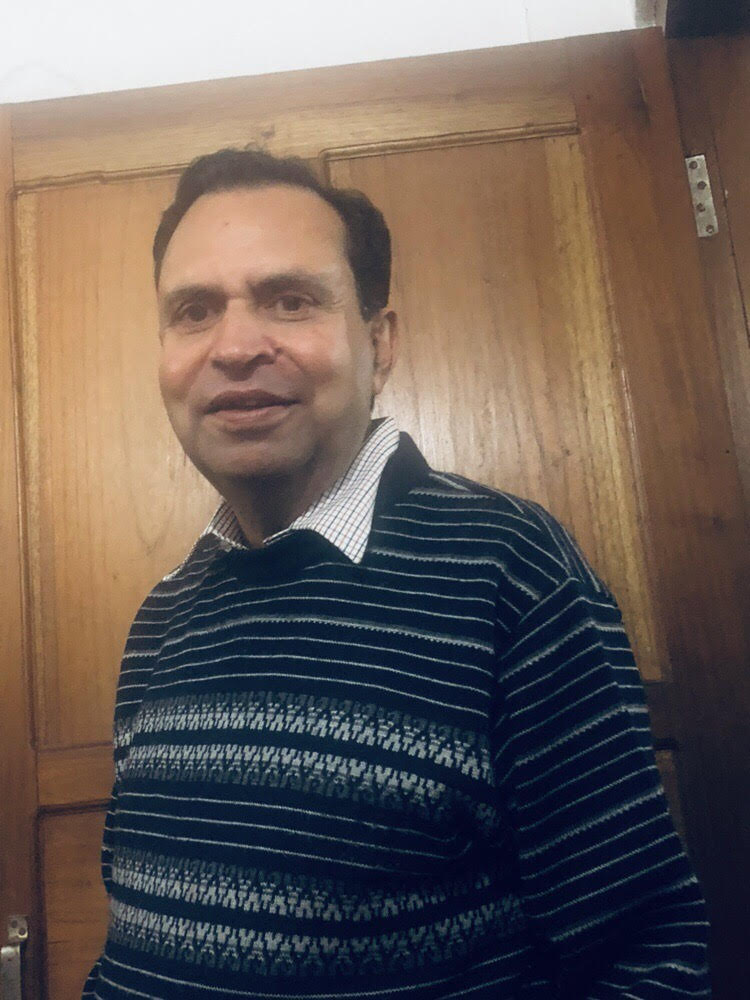 Ananya S Guha
Ananya S Guha
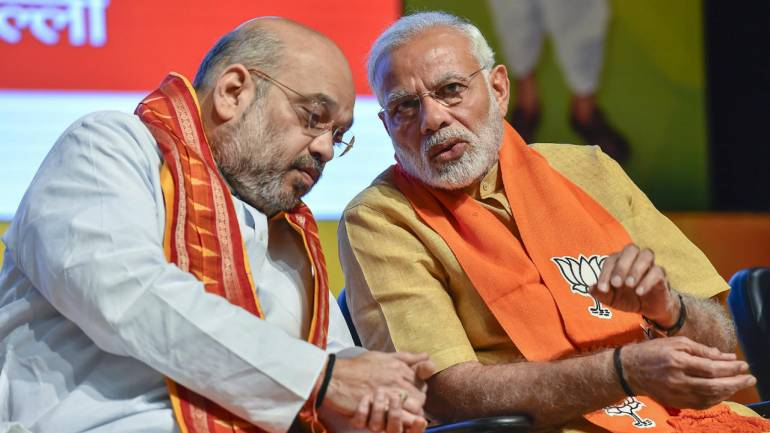
Everything is over barring of course the damages done to the psyche. Some claim that power has been raised on the planks of division. Their detractors the victors who have got the political majority say that victory is because of an overall mandate for development which has been successful.
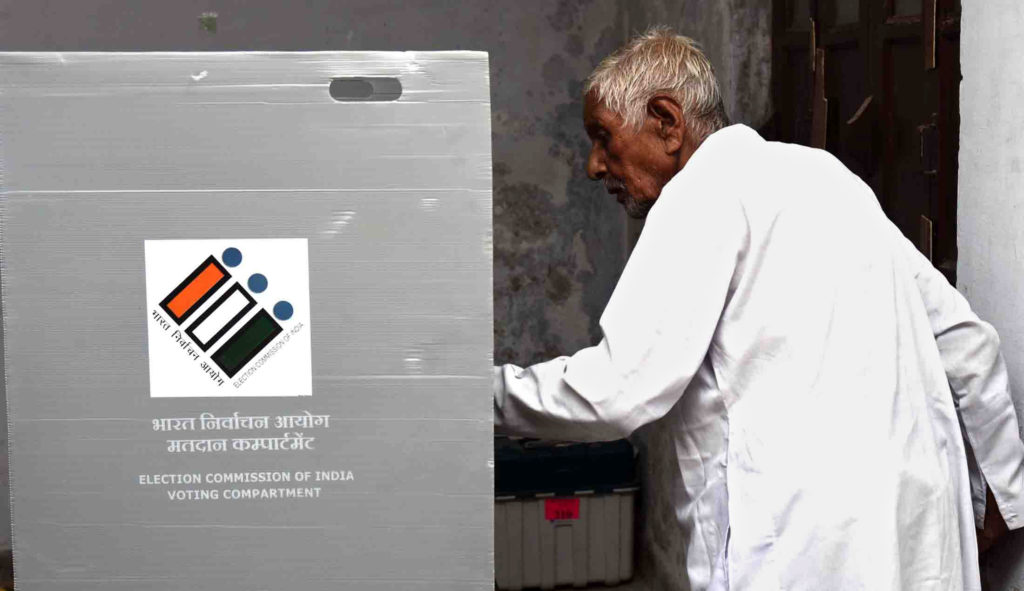
Despite the accusations that economic development in the country has stagnated, employment is zero and the country is fragmented into narrow domestic walls as Tagore would say, the powers that be wax eloquent about a new India on throes of a nationalistic fervour and eager to cast aside a dynastic rule. So what happened? Nothing really.
A political power has come back because a strong electorate want them back. It is as simple as that. What is not simple but complex is what people like Amartya Sen would say, that in the battle between ideas and power the latter has won.
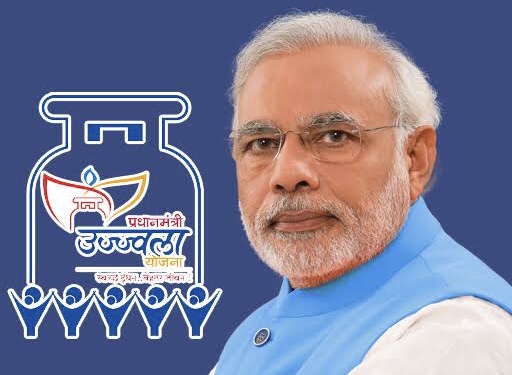
What is power and what idea? The majority of the country’s illiterate and poverty ridden population are not rooted in the world of ideation. They want to live for another day, subsist. For the dominant world of ideas as for the intellectuals do not exist, for them; though in their own ways they are a tolerant lot.
Yet the prophylactic the teeming masses seek is better quality of living, better and cheaper education for their wards and of course health care. What is happening to history text books may matter to some of us, but not to them. It is the them and us. At least some of us.
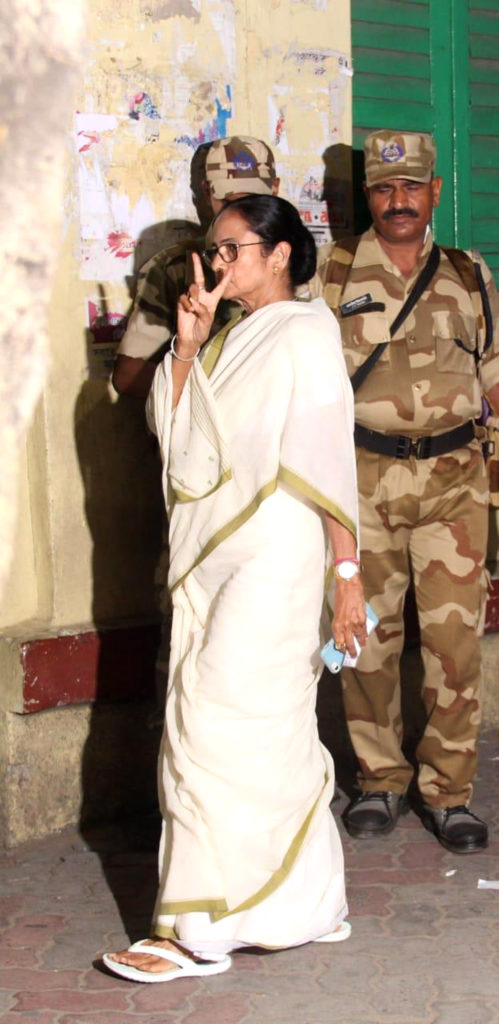
The political pundits of course will say that opposition ranks have gone awry. As in the past this happened. So the dialectics of ruling and the opposition will continue. What will remain is India’s constant have nots who want their lives to be better. So in this flux of changing politics they are caught in a time warp. They will call the shots. They do and do not understand political ideologies. But when these ideologies fail, they fail the leaders. Look at West Bengal and how people have oscillated between leftist and rightist extremes,
It is the people who matter, their wants and above all their peace and their loves. They become acerbic when there is constant playing with them. So we have come full circle. We need not wait and watch. We need not say fatuously that history repeats itself or will.

As for North East India the mainstreaming has been achieved. Assam, Tripura, Arunachal Pradesh and even Manipur have put the thumbs up symbol to the ruling party. No matter how much debate is raised about Hindutva and avowedly secular forces the political realm manifests in differing ways. People vote for power, not ideas hoping to benefit the most from such power. This is irrespective of ideologies, even caste, community and religion. No matter how much we talk about a divided India, we now after the 2019 elections see an united India.
United in its stake and claims for better standards of living, and eking out more than two meals a day to live for the next. If these are met then even the bogey of rampant unemployment will be consigned to a myth. What the masses, and the poor want is the touch stone with the government and how it can connect with them and touch their lives in a better way. In short snuff out the darkness from their tortured lives.
By playing on majoritarian forces, the present incumbents of political power have ignored the minority but at the same time cleverly tagged the latter with the former. They have made it very clear that the former matters for them. They have avoided the debate on secularism and raised their own polemics of it. They are now even claiming that the minorities have voted for them as in Uttar Pradesh and West Bengal.
This is – ‘political love’. The grotesque irony is that many say that it is founded on discord, division and hate. It is going to take a long long time for such a paradox to be resolved, if at all!
Ananya S Guha is a writer, poet and educator who lives in Shillong. He has about thirty eight years of teaching, academic and administrative experience and has retired from the Indira Gandhi National Open University as a senior academic.


